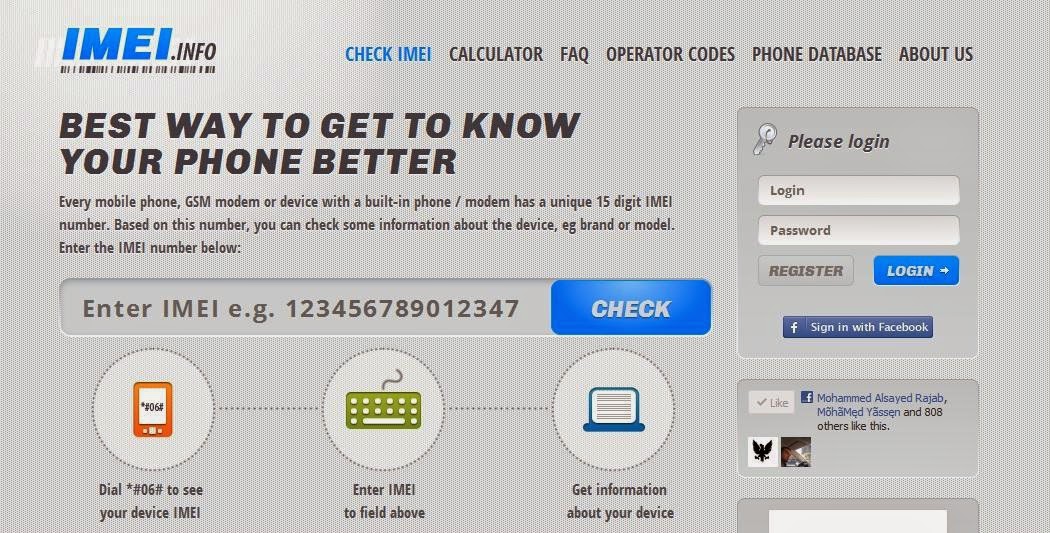

It is also common for your gaming network profile to be tied to wider online social network sites.Īnd while scoring points and unlocking new worlds may be the name of most games, privacy shouldn’t be an afterthought. In order to enable – and sometimes even fund – these multiplayer experiences and administer a network of contacts and interactions, companies need (and want) to collect more personal information from consumers.

Gaming companies sharing your personal information.Who can access your profile and list of friends?.Collecting your personal information without consent.How gaming profiles connect to other networks.We now regularly play games with people around the world on a multitude of devices. Most major games are now downloadable, wholly virtual and constantly connected. Of course, the way we play online games has changed radically since the days of cartridge- and disc-based gaming.

Without question, gaming is an integral part of Canadian entertainment life. The same research indicates that 80 per cent of Canadians consider gaming “mainstream entertainment”.
Personal winfo will not be sold software#
According to the Entertainment Software Association of Canada, 64 percent of Canadians have played a connected video game in the last month, and about three quarters of all parents (71 per cent) play video games on a weekly basis with their children.


 0 kommentar(er)
0 kommentar(er)
